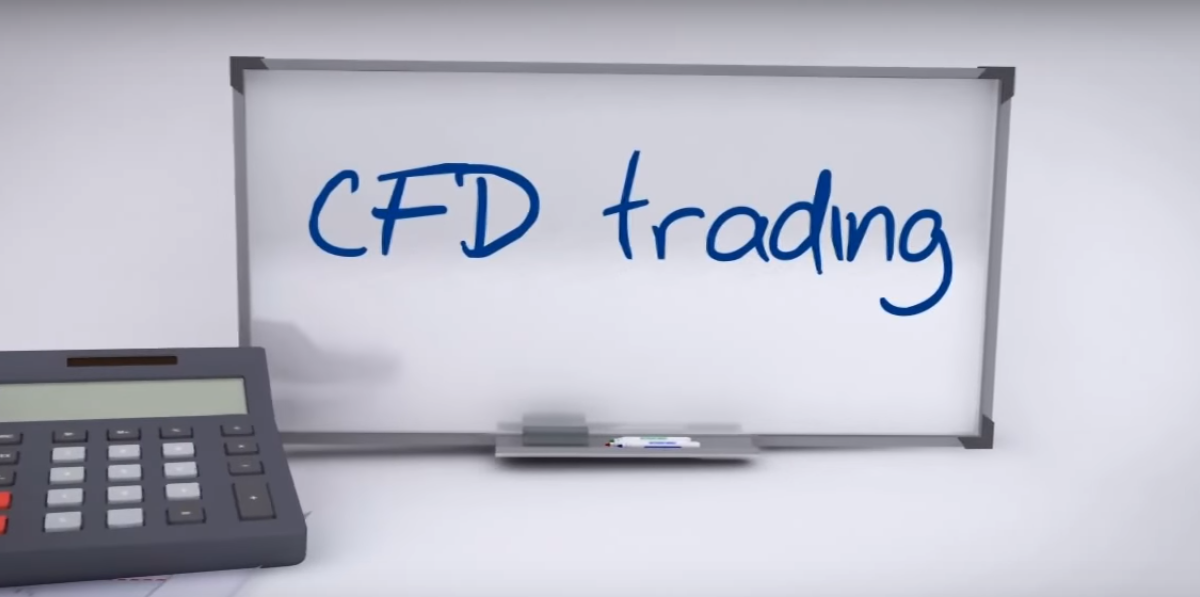What is CFD Trading. Difference between CFD and Forex
What is CFD
A Contract for Difference (CFD) means a contract that enables two parties i.e buyer and seller to enter into an agreement to trade on financial instruments based on the price difference between the entry prices and exit prices without owning the underlying asset/commodity. If the exit trade price is higher than the opening price, then the seller will pay the buyer the difference, which will be the buyer’s profit. If the exit trade price is lower than the opening price, then the buyer will pay the seller the difference, which will be the seller’s profit. One of the most beautiful aspects of CFDs is that they enable a trader to make a profit from falling markets as well as rising ones. CFDs incur no stamp duty as they do not include buying an asset, only agreeing to pay or receive the fluctuation in its price. And because trader only has to put down a small amount on trades, know as ‘margin’, a trader can make large losses– or profits– on the money he/she commits, from small moves in the price.
What is CFD trading?
There are several key features of CFDs that make them exciting and a unique product:
CFDs are leveraged
You can make a profit and incur losses from both failing and rising prices
CFDs are a derivatives product
Circle Markets offers contracts for differences on over multiple global markets, including currencies, commodities, indices, and shares.
CFDs are a derivatives product
A trader doesn’t actually own the underlying asset – trader simply speculates on whether the price will fall or rise.
Let’s take stock investing as an example. A trader likes to purchase 1000 shares of Barclays and its share price is 250p, which means that the total investment would cost you £2800 – not including the other fees or commission which broker would charge for the transaction. In exchange for this, the trader receives a stock certificate, a legal document that certifies ownership of shares. In other words, if a trader has something physical to hold in his/her hands until he/she decides to sell them, preferably for a profit.
With CFDs however, a trader doesn’t own those Barclays shares. He/she simply speculating, and potentially profiting, from the same movements in share price.
Differences between Forex and CFDs
The main differences between Forex trading and CFD trading are that Forex offers pure currency trading whereas CFD trading involves different types of contracts covering a diverse set of markets, such as indices, metals, and energy. FX trading is about trading one currency against another currency and always traded in pairs and involves trading in uniform lot sizes. When you trade CFDs (contract for difference), a trader has the opportunity to select different contracts that vary in increment value and currency type, depending on the country in which the underlying asset originates. A final difference between Forex trading and CFD trading relates to the general factors that tend to influence the different markets. Forex trading is mainly driven by global events, like international political changes or large employment shifts. CFD trading on the other hand is mostly influenced by specific factors, such as demand and supply of a given commodity or trend changes associated with business sectors.
Similarities of Forex and CFDs
Forex trading and CFD trading have many similarities. First, both sorts of trading involve a similar trade execution process. Traders can easily enter or exit the trade in both falling and rising markets. Second, both Forex trades and CFD trades are executed on the same platform, using similar pricing methods and similar looking charts. In both cases, trades are executed in the over-the-counter (OTC) market, which runs fully electronically within a network of banks, with no physical central exchange or location. Another similarity between Forex trading and CFD trading is that the only cost of trading is the spread, as opposed to other types of trading instruments that charge finance fees and commissions. The primary similarity between forex trading and CFD trading is that the investors/traders don’t actually have ownership of the underlying asset. When one buys GBPUSD, for instance, one is not actually purchasing GBP and selling American dollars; rather the investor/trader is simply speculating on the exchange rate. Likewise, when an investor/trader purchases a CFD contract on the Hang Seng Index, the investor/trader is not actually owning the stocks in the Hang Seng index, but rather is speculating on its underlying price. In many ways, forex is simply another kind of CFD.


